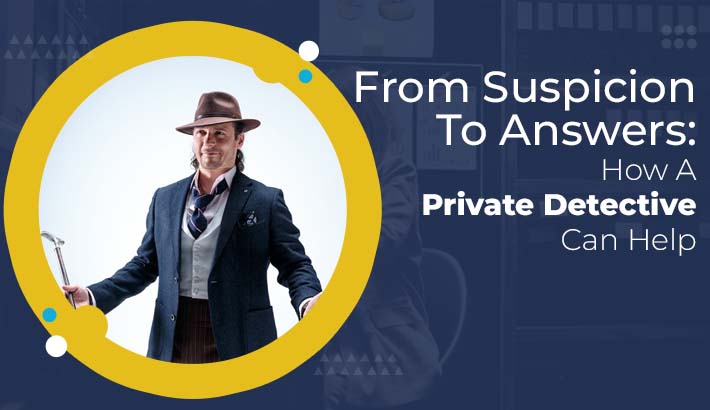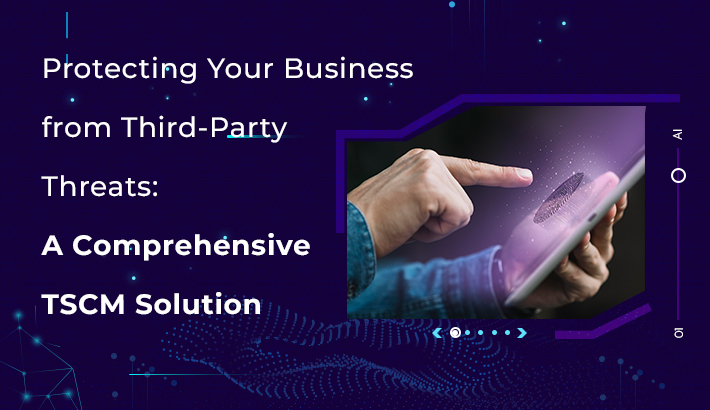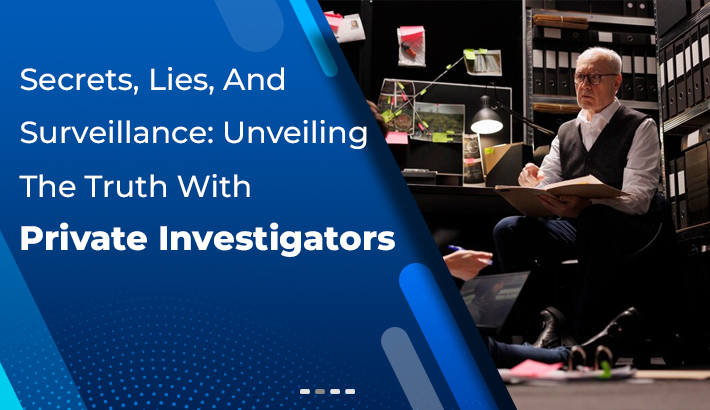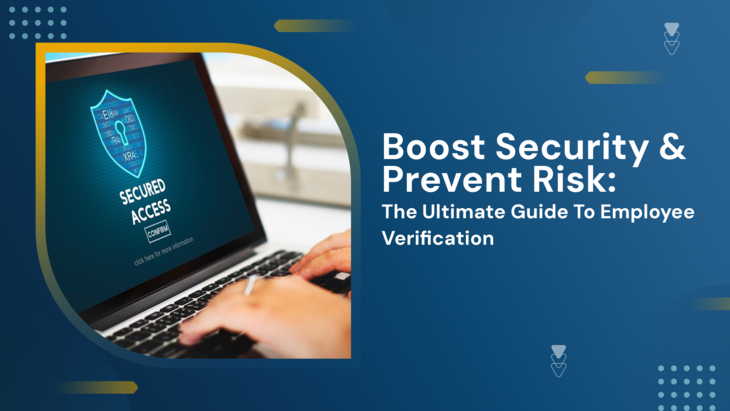Nowadays, in the knowledge-based economy, intellectual property plays a key role and is a non-renewable resource. It takes your creations, inventions, and a splash of your brand – the foundation that differentiates your business from the rest. Whether it is a brilliant innovation, a solid phenomenon or creative design, the right protection of your IP is key to achieving your competitive advantage and getting back from your hard work. This article outlines 5 key steps you can take to safeguard your intellectual property today:
1. Identify and Understand Your Intellectual Property:
The first step is understanding what kind of intellectual property you possess. Here’s a breakdown of the main categories:
- Trade Secrets: Confidential information that gives your business an edge, like a unique formula, process, or customer list.
- Patents: Exclusive rights granted for inventions that provide a new and useful product or process.
- Copyrights: Protection for original works of authorship like literary works, music, art, and software.
- Trademarks: Distinctive signs that identify and distinguish the source of your goods or services, like logos, brand names, or slogans.
By identifying the category of your IP, you can determine the most appropriate protection strategies.
2. Document Everything:
Detailed records are your best friend when it comes to IP protection. Here’s what to document:
- Conception Date: Maintain a record of when you first conceived the idea. This can be established through lab notebooks, emails, or signed witness statements.
- Development Process: Document the steps involved in creating your invention, design, or creative work. Sketches, prototypes, and design files can be valuable evidence.
- Ownership: Clearly establish who owns the IP. If it’s a collaborative effort, ensure there are written agreements outlining ownership rights.
3. Secure Your Trade Secrets:
Trade secrets are often the lifeblood of a business, so maintaining confidentiality is paramount. Here are some strategies:
- Non-Disclosure Agreements (NDAs): Have all employees, contractors, and anyone with access to your trade secrets sign NDAs that restrict them from disclosing confidential information.
- Limited Access: Implement access controls to ensure only authorized personnel have access to sensitive information. Use secure networks, password protection, and physical security measures.
- Exit Strategies: Have clear procedures in place for when employees leave the company. This may include reminding them of their NDA obligations and ensuring they return all confidential materials.
4. Register Your Copyrights, Trademarks, and Patents (if applicable):
Registration strengthens your IP rights and simplifies enforcement. Here’s a brief overview:
- Copyrights: Registration with the copyright office provides a public record of your ownership and strengthens your legal position in case of infringement.
- Trademarks: Registering your trademark with the trademark office grants you exclusive rights to use the mark in your industry and provides a legal basis for stopping others from using confusingly similar marks.
- Patents: The patent application process involves a detailed examination by the patent office. If granted a patent, you have exclusive rights to make, use, sell, or import your invention for a limited period.
It’s important to note that registration requirements and procedures can vary depending on your location. Consider consulting an intellectual property attorney or hire a private investigator to ensure you follow the proper procedures.
5. Consider Additional Protective Measures:
Beyond the core steps, here are some additional ways to safeguard your IP:
- Digital Rights Management (DRM): For digital content like software or ebooks, consider using DRM technologies to control access and prevent unauthorized copying.
- Cybersecurity: Implement robust cybersecurity measures to protect your digital assets from hacking and data breaches.
- Public Disclosure Strategies: In some cases, strategically disclosing certain aspects of your IP can deter copying while still maintaining a competitive advantage.
Remember: IP protection is an ongoing process. Regularly monitor the marketplace for potential infringements and be prepared to take legal action if necessary.
Beyond the Steps: Proactive Intellectual Property Protection
- Open Source vs. Proprietary: Decide whether to keep your IP proprietary or make it open-source. Open-source can foster collaboration but may limit your control over how your IP is used.
- International Protection: If you plan to operate internationally, consider registering your IP in the countries you plan to do business in.
- Seek Professional Help: Consulting with an intellectual property attorney can be invaluable in navigating the complexities of IP law and developing a comprehensive protection strategy.
By following these steps and considering the additional factors, you can take proactive measures to safeguard your intellectual property and ensure your creativity and innovation fuel your success. Remember, a strong IP strategy is an investment in your future, allowing you to reap the rewards of your hard work and turn your ideas into a thriving
Pros and Cons of Proactive Intellectual Property Protection
Here’s a breakdown of the pros and cons associated with taking a proactive approach to intellectual property (IP) protection:
Pros:
- Secures a Competitive Advantage: Strong IP protection prevents competitors from easily copying your ideas, giving you a head start in the market.
- Encourages Innovation: Knowing your IP is protected can create a safe space for further innovation and investment in research and development.
- Protects Financial Investment: The time, money, and resources invested in creating your IP are safeguarded, allowing you to reap the financial rewards.
- Provides Leverage in Negotiations: Strong IP rights can be valuable assets in licensing deals and partnerships.
- Deters Infringement: Publicly registering your IP can deter potential copycats and make it easier to take legal action if infringement occurs.
- Boosts Brand Value: A strong IP portfolio can enhance your brand image and reputation, making you a more attractive partner or acquisition target.
Cons:
- Costs Involved: Registration fees, legal consultations, and potential litigation can be expensive, especially for smaller businesses.
- Time Commitment: The registration process for patents, trademarks, and copyrights can be time-consuming, requiring dedicated effort.
- Maintaining Secrecy: Effectively managing trade secrets requires constant vigilance and clear procedures to prevent leaks.
- Limited Protection: Patents and copyrights have limited lifespans, and some types of IP, like ideas, may not be fully protectable.
- Potential for Over-Protection: Overly restrictive IP strategies may stifle collaboration and hinder innovation in certain fields.
- Enforcement Challenges: Enforcing your IP rights against international infringement can be a complex and costly process.
Overall, the benefits of proactive IP protection typically outweigh the drawbacks for most businesses. However, the decision ultimately depends on the nature of your IP, your budget, and your business goals. Carefully weigh the pros and cons and consider consulting with an intellectual property attorney to determine the best course of action for your specific situation.
Conclusion
In today’s competitive landscape, intellectual property (IP) is a cornerstone of success. By taking proactive steps to identify, document, and protect your IP, you safeguard your creativity, inventions, and brand identity. A strong IP strategy empowers you to:
- Maintain a competitive edge: Secure your unique ideas and prevent easy imitation by competitors.
- Fuel innovation: Foster a safe environment for further research and development.
- Maximize financial returns: Reap the rewards of your hard work by controlling the use of your IP.
- Enhance brand value: Build a strong reputation and attract lucrative partnerships.
Remember, IP protection is an ongoing process. Stay vigilant, monitor for infringements, and be prepared to take action if necessary.
FAQs on Intellectual Property Protection
1. What if I can’t afford to register my IP?
Not all IP requires registration. Trade secrets, for example, can be protected through confidentiality measures. However, consider the potential benefits of registration for copyrights, trademarks, and patents. There may be cost-saving options available, and the long-term benefits may outweigh the initial cost.
2. How long does IP protection last?
The duration of protection varies depending on the type of IP. Patents typically last for 20 years, copyrights can last for the life of the author plus an additional 70 years, while trademarks can be renewed indefinitely. Trade secrets have no set expiration date, but protection depends on maintaining confidentiality.
3. What happens if someone infringes on my IP?
If you believe someone is using your IP without permission, consult an intellectual property attorney. They can advise you on your legal options, which may include sending a cease-and-desist letter, negotiation, or litigation.
4. Do I need a lawyer to protect my IP?
While not always necessary, consulting an intellectual property attorney can be invaluable. They can help you navigate the legalities, develop a comprehensive protection strategy, and represent you in case of infringement.
5. How can I stay updated on IP laws?
The field of intellectual property law can be complex and evolving. Consider subscribing to legal newsletters or publications related to IP, or attending webinars or workshops offered by intellectual property organizations.
By understanding these key points and taking proactive measures, you can safeguard your intellectual property and unlock its full potential to drive your business success.








